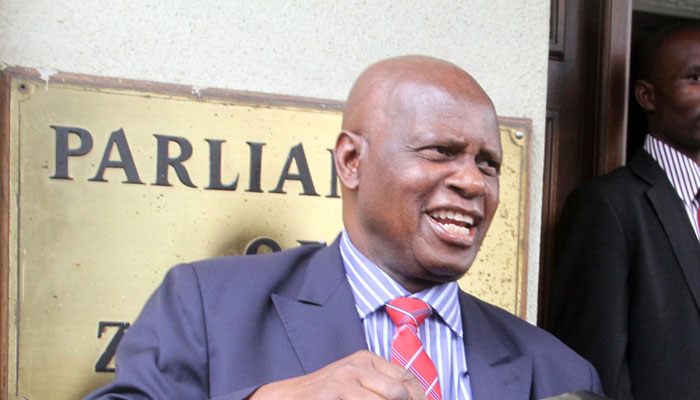
The Sunday Mail

Livingstone Marufu
Government has amended the Exchange Control Act to enable individuals and corporates to return externalised funds to Zimbabwe without prosecution.
The amendment gives legal effect to the three-month moratorium extended by President Emmerson Mnangagwa.
Statutory Instrument 145 of 2017 was published in the latest Government Gazette in accordance with Section 2 of the Presidential Powers (Temporary Measures) Act (Chapter 10:20).
It will remain inserted in the Exchange Control Act until February 28, 2018 when the moratorium expires.
According to the SI, the Reserve Bank’s Exchange Control Inspectorate Department is responsible for compliance, while RBZ Governor Dr John Mangudya “shall have the authority to do anything necessary for the efficient and effective application or implementation of the schedule”.
An application for amnesty is supposed to be written and processed within 10 days unless further information is required.
Amnesty shall only be granted once an applicant has fully disclosed details regarding the illegally expatriated property or funds, providing supporting documents as required at law.
The amendment reads in part: “Subject to this schedule, for the purpose of this amnesty, the violation of any provision of this Act or the Criminal Law of Zimbabwe for which an amnestied person would, but for this schedule, be liable to be prosecuted by the National Prosecuting Authority, shall not be deemed to be criminal conduct.
“. . .The amnesty granted to any applicant shall be withdrawn and thereby nullified if –
(a) the applicant makes, in relation to the illegally expatriated property in relation to which amnesty is sought, any wilfully false declaration to the Reserve Bank in applying for the amnesty; or
(b) the applicant fails to timeously repatriate the property in accordance with paragraph 5.”
Government will neither ask questions nor prefer charges against those repatriating money or assets.
However, non-compliant companies and individuals will be arrested and prosecuted in terms of the country’s laws.
According to the RBZ, roughly US$3 billion was externalised to destinations such as Mauritius, the Far East and Botswana between 2015 and 2017.
It is believed US$1, 8 billion of this amount was externalised as hard currency and the balance through management, service and technical fees and royalties.
The Central Bank estimates that every month in 2015, Zimbabwe lost US$150 million on average to illicit financial flows.
Harare-based economist Mr Persistence Gwanyanya said giving legal effect to the amnesty adds greater impetus to repatriation.
“I commend Government for the SI in repatriating externalised funds. However, there’s need to bring in external and independent players to make the process more credible as the Central Bank witnessed the illicit deals through the banks.
“There may be some people who are so aligned to the system such that it may difficult to tell them to return funds. Therefore, independent bodies will help convince these people to return the money.
“The US$3 billion said to have been externalised should not be a problem as RBZ knows those who underdeclared their dues and underpriced some imports to make maximum profits. We expect most of that money to come as some people are already known.”



